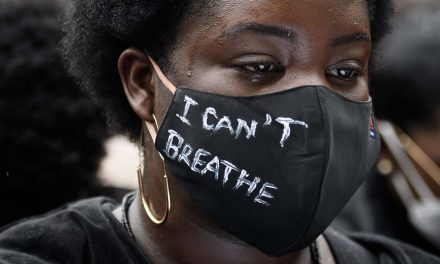
By Richard Gunderman, Chancellor’s Professor of Medicine, Liberal Arts, and Philanthropy, IUPUI; and David C. Stevens, Resident, Radiology, IUPUI
Libraries are increasingly a sanctuary for people who are homeless or mentally ill, putting them on the front lines of providing social services that the institution was never intended for.
On any given night, over half a million people in the United States found themselves without a home. While the majority of these people (69%) secured shelter for the night, many shelters do not provide daytime accommodations for their patrons. This leaves many in search of daytime activity and protection from the elements.
Unfortunately, many homeless are also living with debilitating mental illnesses. The intimate relationship between homelessness and mental illness is well-established. Almost all psychiatric conditions are overrepresented in homeless populations.
The transition from inpatient to outpatient psychiatric treatment that began in the 1960s, including the closure of state-run psychiatric hospitals, may contribute to the prevalence of mental illness among the homeless. Today, adjusting for changes in population size, US state mental hospitals house only about 10% the number of patients they once did.
So it is no surprise that libraries are coping with a large number of patrons who are homeless or have mental illnesses. Public libraries are, after all, designed to be welcoming spaces for all. This can leave libraries struggling with how to serve a population with very diverse needs.
This is an issue we know that librarians at a metropolitan public library we visited are grappling with. We became aware of this issue in speaking informally with librarians who work there. Some of these library patrons are homeless. Others have been diagnosed with a mental illness, such as bipolar disorder, schizophrenia, depression, or substance dependence. Tragically, many are experiencing both.
They come to the library for all sorts of reasons: to seek warmth and shelter, to use the restroom, to access the internet, to meet friends, and yes, even to read books and newspapers. One librarian estimates that about half of the library’s regular patrons are either mentally ill or homeless.
How librarians can help patrons who are mentally ill or experiencing homelessness
Helping homeless and mentally ill clients is a challenge that libraries all over the country are grappling with, but library science curricula don’t seem to have caught up.
According to one newly minted librarian who received her master’s degree in library science a few years ago, contemporary library education typically includes no coursework in mental illness. It focuses on the techniques and technology of library services, especially meeting the needs of patrons for access to information.
Learning strategies to assist mentally ill and homeless patrons might not be on library curricula, but the American Library Association has long had policies in place emphasizing equal access to library services for the poor, and in 1996 formed the Hunger, Homelessness, and Poverty Task Force.
Across the country, libraries have developed helpful strategies for serving homeless and mentally ill patrons. One, at least for large libraries with sufficient numbers of personnel, is to designate a member of the staff as a specialist in these matters, who serves as a resource person for other employees.
The librarians we talked to take their role as surrogate mental health workers in stride, and many regard their mentally ill patrons with a sense of mission. Said one librarian who has worked at the downtown library for more than 30 years:
The library often serves as a destination for people who have no place to go. They can always come here, to be warm, safe, and entertained. At first, I didn’t know how important the library is to them, but one day before a holiday, a patron came up to me and said, ‘You guys will really be missed tomorrow.’ Some may resent the presence of the mentally ill in the library, but as far as I am concerned, everyone deserves a chance to use it.
Lee Matz
Originally published on The Conversation as Libraries on the front lines of the homelessness crisis in the United States
Support evidence-based journalism with a tax-deductible donation today, make a contribution to The Conversation.















